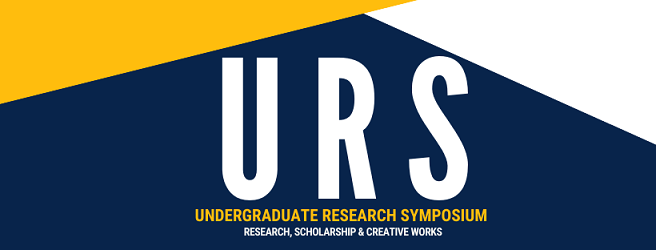Faculty Sponsor
Dr. Casad
Final Abstract for URS Program
Students who have undergraduate research opportunities tend to have higher identification as a scientist, also known as science identity. Furthermore, students with higher science identity are better prepared for advanced science education, compared to students with lower science identity. The current studies seek to examine predictors of undergraduate students’ intentions to pursue graduate school. In the first study, underrepresented students in science, technology, engineering, and mathematics (STEM) fields who attended the Annual Biomedical Research Conference for Minority Students (ABRCMS) filled out a survey that assessed their research confidence and intentions to pursue graduate school. Students who attended ABRCMS more often and had higher research confidence from attending were more likely to intend to pursue a research degree in graduate school. In study two, undergraduate students completed a survey with items measuring research confidence, science identity, and academic self-efficacy. All variables significantly predicted students’ intentions of pursuing graduate education, with science identity being the strongest predictor. Results suggest that students’ undergraduate research experiences and ability to view themselves as scientists prepares them for further education and increases their intentions of pursuing graduate education. Exposure to undergraduate research opportunities, like ABRCMS, is especially important in providing underrepresented groups a sense of belonging in STEM fields. Greater sense of belonging and stronger identification with science can increase the number of underrepresented students who pursue STEM fields, which can lead to more advances in science.
Document Type
Poster
Publication Date
4-26-2019


